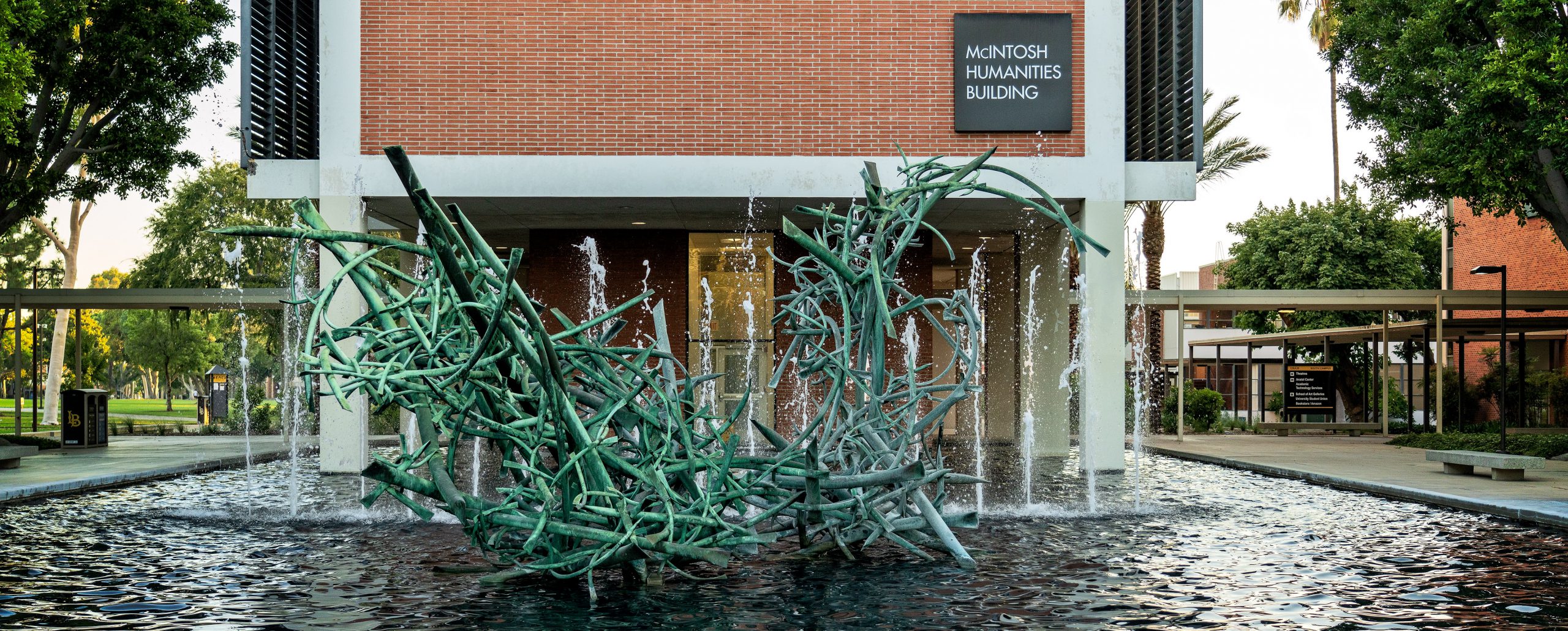CLA AND SOCIAL JUSTICE: BLACK LIVES MATTER
January 4, 2021In light of the recent protests and statements in support of Black Lives Matter and other anti-racist organizing efforts, the College of Liberal Arts is highlighting how its courses incorporate issues related to Black Lives Matter. We will highlight one course each month. You can view all of our courses here: https://cla.csulb.edu/black-lives-matter/
See the description below detailing how CLA faculty advance the anti-racist messaging of Black Lives Matter through assignments, readings, and pedagogical practices that affirm the lives, history, and culture of Black people across the globe. Descriptions fall into one of three categories—Long-Standing Practices, Recent Changes, and Future Plans—designed to demonstrate the ongoing nature of anti-racist efforts:
Instructor: Dr. Crystal Yin Lie
Course: CWL 315: Literature & Medicine
My CWL 315: Literature & Medicine course thinks critically about the body and health along axes of identity categories like race, gender, sexuality, class, and nationality. As such, I’ve been committed to highlighting the voices of Black authors and the experiences of Black communities.
Beginning the course, students read Mary Louise Pratt’s “Airways” to examine the rhetoric of the “twin pandemics”: COVID-19 and systemic racism. Our discussion of contemporary state violence, morality, and the pandemic are augmented by reading Albert Camus’ critique of capital punishment in The Plague. The following week, students read Audre Lorde, renown Black feminist, lesbian, poet, and civil rights activist. Lorde’s The Cancer Journals enables students to reflect on intersectional identities, the representational ethics around illness, and the reclaiming power of personal narrative.
Our mid-semester conversation pivots on biopower, race, and medical science, drawing from a range of works from Black scholars including Harriet A. Washington’s Medical Apartheid: The Dark History of Medical Experimentation on Black Americans from Colonial Times to the Present, Bettina Judd’s Patient. poems, and bell hooks’s reflections on the exploitation of Henrietta Lacks. Interrogating the history of violence toward Black bodies in medicine continues in our reading of Victor LaValle’s graphic novel, Destroyer—which tackles police violence, racial and gender inequality in STEM fields, and bioethics in a reimagining of Frankenstein. LaValle also offers an entry way into discussing the possibilities of Afro-/ethno-gothic horror and Afrofuturism.
Dovetailing on creative explorations of inclusive futures, we conclude with a unit on disability poetry and culture. This week includes the work of Leroy Moore, Krip-Hop Nation founder and co-founder of Sins Invalid, a disability justice performance project that centers BIPOC and LGBTQ/gender-variant artists.
Addressing BLM in the context of literature and medicine aims to facilitate anti-racist reflection and actions in students, many of whom desire careers in healthcare-related fields. Reading about Black lives, students not only augment their understanding of health inequities and legacies of racism in modern medicine, but also gain a broader understanding of power dynamics across different embodiments. As such, these conversations add to our other explorations of topics such as colonial violence, ableism, biopiracy, and environmental racism.
